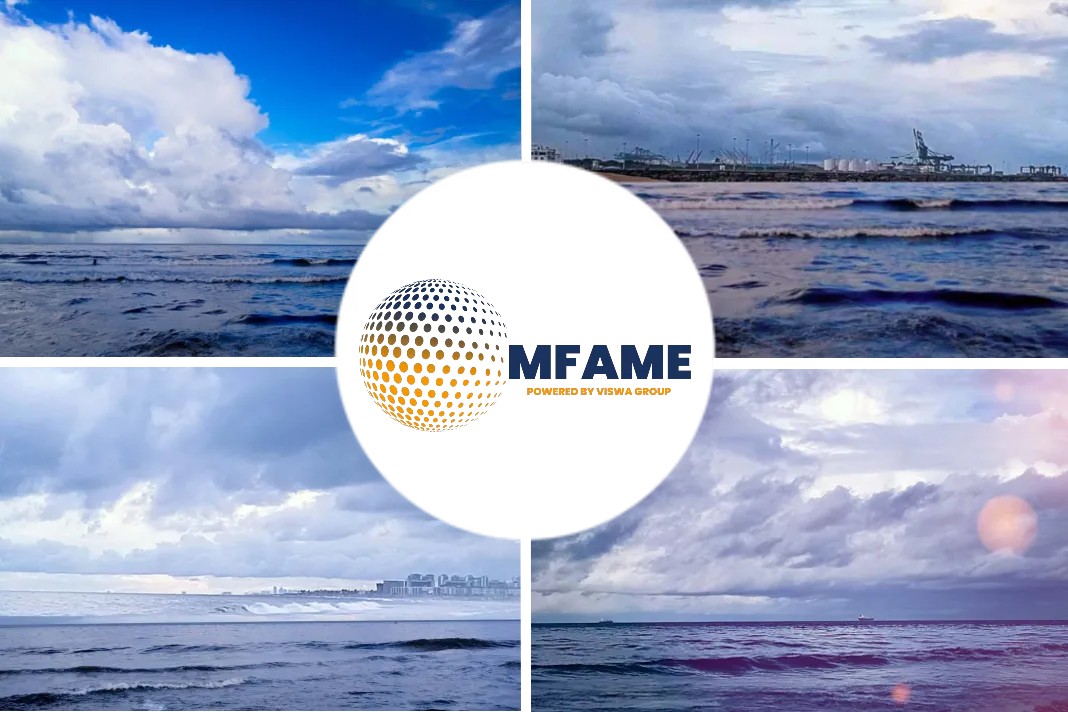- Bunker suppliers likely to favor cash in advance
- Shipowners in Singapore considering longer term bunker contracts
- COVID-19 prompts some Singapore bunker players to tighten receivable days
- Shipper trying to trim capital expenditure in order to sail through these tough times
- Supply chains have become more vulnerable as the pandemic has new problems in the system.
According to a Platts report, the credit risk in the bunker market is intensifying amid the coronavirus outbreak, even as dropping bunker fuel costs following the recent collapse in oil prices offer some respite to shipowners in a challenging market, industry sources in Singapore told S&P Global Platts this week.
What happened?
“A lot of my discussions are around credit now. This shows how worried [bunker fuel] sellers are about the credit worthiness of their customers,” a shipowner said.
With oil prices in a fall, volatility is exceptionally high in the current environment, a trader said.
Oil prices plunged to an 18-year low last week, weighed down by a demand slowdown in the wake of the coronavirus outbreak as well as the escalation of tensions between Saudi Arabia and Russia over oil production strategies.
Credit Problems
“Some suppliers are demanding cash in advance [from their customers] due to the prevailing uncertainty,” said the trader, adding that he was also reviewing his customers profile to determine whether the receivable days needed to be lowered.
Another trader said that he had already clamped the credit period for some customers to 30 days from 45-60 days.
“There’s review on everything now… given how uncertain things are, we are evaluating the situation every week,” he added.
A supplier said that they were also being careful with credit checks because they did not want unnecessary exposure to customer defaults.
This comes as industry estimates point to a grim outlook for global bunker demand this year as shipping feels the heat and countries worldwide struggle to contain the pandemic.
“The economies of the world will be in recession, if not depression, for likely the balance of this year. This will damage international trade, shipping and bunkering,” Adrian Tolson, director at global research and consulting firm BLUE Insight, told Platts last week.
He predicts that the global bunker industry will likely contract by at least 10% year on year in 2020.
Shipowner’s plight
“Our yearly review is underway and we haven’t faced any credit problems,” a dry-bulk shipowner said.
However, some small shipowners could succumb to such risks and eventually perish if the situation sustained, he said.
Some opportunistic shipowners are also considering locking in longer term contracts, but also volumes for April, as bunker fuel prices have dropped.
In Singapore, the world’s largest bunkering port, for example, the mainstay Singapore-delivered Marine Fuel 0.5% bunker was down $160.71/mt to average $339.19/mt as of March 23 as compared to $499.90/mt in February, Platts data showed.
However, not everyone has the bandwidth to do so, sources said.
Global Slowdown Effect
“We are sitting on a ticking time bomb,” another shipowner said, referring to the slowdown in global trade.
Slowing globalization may be even more pronounced than what we have seen in terms of slowdown since the financial crisis of 2008, BIMCO, the world’s largest international shipping association, said in a statement last week.
“This crisis has exposed several unwanted vulnerabilities to supply chains as we know them today,” it said.
U-shaped recovery estimated
Following the SARS epidemic in 2003, the Asian countries rebounded sharply in a V-shaped recovery and lost ground was quickly recovered. However, the coronavirus presents a broader challenge, and BIMCO estimates that the recovery will be more of a U-shaped recovery, where the virus will continue to put a drag on global output for the rest of the year, it added.
Trimming Capital Expenditure?
Meanwhile, some shipowners have already started taking steps to trim their capital expenditure to cope with tough markets.
Global RoRo shipping and vehicle logistics company Wallenius Wilhelmsen, for example, cancelled four scrubber installations, among other swift measures that include withdrawing the proposed dividend for 2019, recycling some vessels and putting some in cold lay-up, it said in a statement Monday.
Many others may initiate similar moves, sources said.
Did you subscribe to our daily newsletter?
It’s Free! Click here to Subscribe!
Source: Platts

















